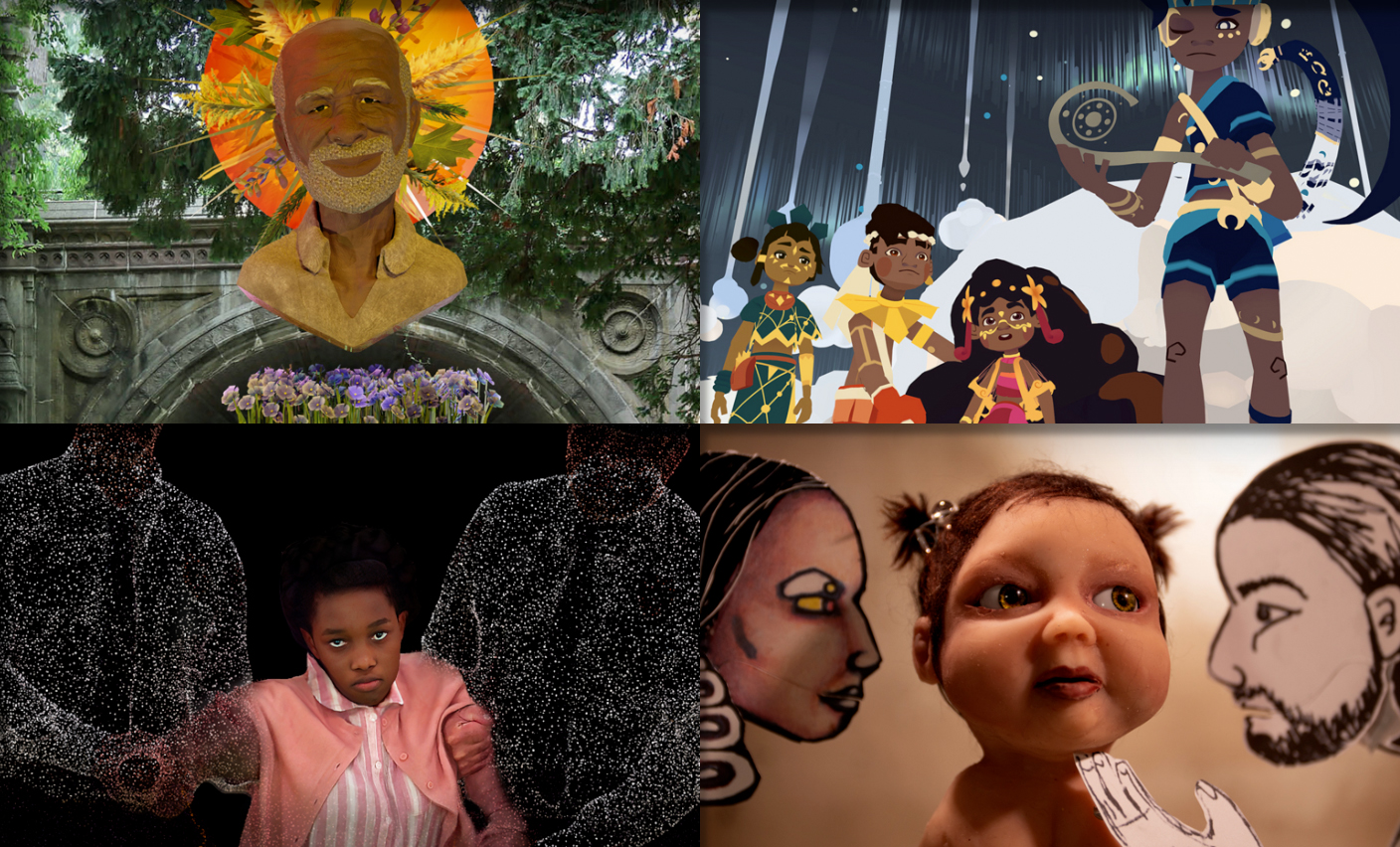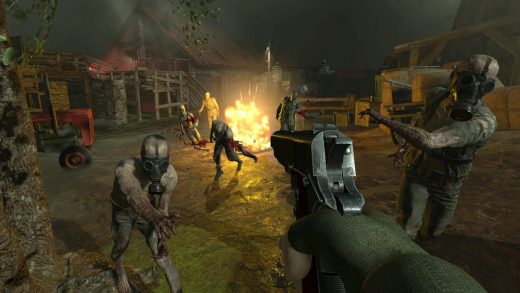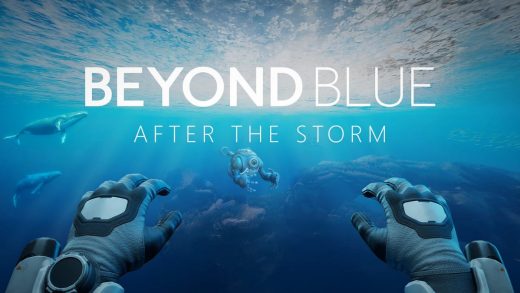
VRScout attended the international event to review the best of the immersive works 2023’s selection had to offer.
With an ever-inclusive understanding of “immersive,” Tribeca Film Festival continues on as one of many mainstream and pillar events opening its doors and minds to evolved emerging technologies, even outside of XR.
2023’s curation rooted itself in telling a larger story of marginalized and overlooked individuals, including polished titles such as Black Lands and Colored. It elevated narratives around women’s rights in the Middle East with The Fury and brought to life a modern interpretation of foreign folklore through Reimagined Volume II: Mahal.
Overall, many of the 13 titles that played on shaped a lineup worthy of exhibition, while a few felt like previews and demos of a full experience yet to come. Here are just a few notable mentions:
Reimagined Volume II: Mahal
This non-interactive VR piece of a quasi-children’s tale was playful, imaginative, and felt close to an immersive Pixar-inspired experience. Pulling from Philippine mythology around the god Bathala and his four children, Mahal is the unfolding of a harrowing heavenly tale, bittersweet and beautiful.
Cut together much like in a traditional film format, Mahal is a true 360-degree experience, as well as an immersive narrative that continues to direct the viewer to exactly where to look with strategic cuts used infrequently in the medium. Played out in a brief, but memorable few minutes, the piece lingers like Toy Story, allowing multiple generations to take away meaningful plot points.
Colored
This work felt like the future of documentary storytelling. As a multi-user, non-interactive augmented reality (AR) piece, Colored explored the protest of Claudette Colvin who, at 15 years old, refused to give up a bus seat to a white passenger in Alabama just nine months before Rosa Parks did so. Despite parts that seemed to pit the two women against each other, the work felt real and raw, yet beautifully and intentionally rendered to tell a bigger story of racism and systematic oppression.
Users moved through lifesize digital assets of volumetrically captured actors, finding themselves in courtrooms, prison cells, and buses while trying to make sense of the painful reality of the Deep South not so long ago.
Black Lands
As part of a series of works in the vein of story preservation, Kinfolk: Black Lands is an exploratory AR installation that took up close to a fourth of the fully immersive show floor. This choose-your-own-adventure experience had users weave around one another, capable of interacting with up to six pieces of intertwined content at any moment.
Through both traditional talking head interviews with contemporary historians, as well as stylized 3D renderings of Black residents of New York whose stories seemed lost to time, the creators shined a light into the past and future of spaces and places such as Land of the Blacks, Flatbush Ancestral Burial Grounds, and the Pinkster Festival.
The Fury
By far one of the most uncomfortable and gut-wrenching experiences to witness in VR, The Fury forced viewers to partake in a voyeuristic moment of watching a barely clothed woman dance for a ground of military men, only to be then placed in the position of being scrutinized before abruptly and unsettlingly cutting to black.
Exploring the perils of female political prisoners in Iran’s system, the on-the-nose work felt deeply unnerving and moving given the lack of power and agency you both have to observe and then feel for yourself. The emotional moment-to-moment left a lingering taste of hopelessness, blurring the lines of art and protest.
Meneath: The Mirrors of Ethics
While not technically XR, Meneath is a heavily styled, stop-motion narrative examining Indigenous values and Christian doctrine. Using Pepper’s Ghost-inspired screen placement, the work almost bends outward toward the viewer. Haunting illustrations and depictions of the mixed messages of colonialism plague our protagonist, a curious toddler, who tries to make sense of the world.
Meneath was an unconventional choice within Tribeca’s Immersive selection this year but stands to show the acceptance of additional technologies as we look to the future of not only narrative development but question the formats we use to share any and all stories.
Feature Image Credit: Tribeca







